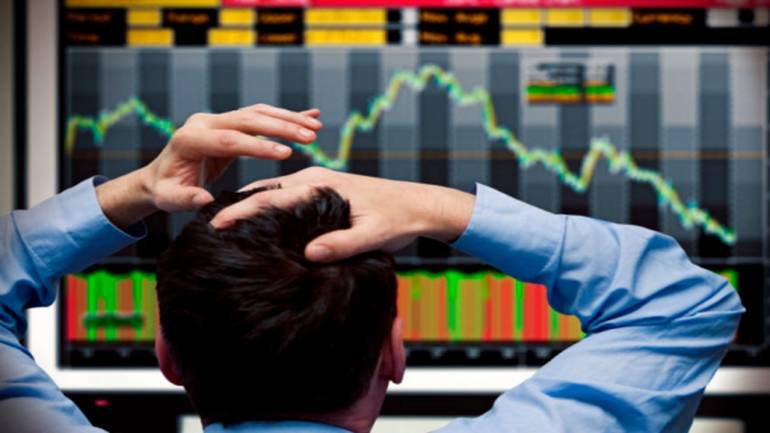India’s central bank sees a bubble building in the stock market as prices of risky assets have surged significantly across countries to record high levels during the year. According to reports, the benchmark Sensex is just about 1,000 points away from its all-time high. It has reportedly risen by a significant 100 per cent from the slump witnessed in March 2020 after Covid-19 lockdown.
On 21 January, it crossed the 50,000-mark and touched a peak of 52,154 on 15 February. This represented an emphatic rise of 100.7% increase from the slump just before beginning of the nationwide lockdown. RBI believes that the gains have come on the back of positivity around vaccination, accommodating monetary and fiscal stimulus and the end of uncertainty surrounding US election results.
The Reserve Bank of India (RBI), in its 2020-21 annual report, that was released on Thursday, cautioned against the unabated surge in domestic equities and asset price inflation despite the economic contraction in the wake of the pandemic. The RBI stated that it senses a risk of a bubble.

The report said that “This order of asset price inflation in the context of the estimated 8% contraction in GDP in 2020-21 poses the risk of a bubble,”.
RBI explains
According to the central bank, there are several fundamental determinants of equity prices, like inflation, gross domestic product (GDP) growth and money supply.
RBI explained that in times of low demand and low investments in the economy countercyclical policies are adopted. Since liquidity is injected to support the economic recovery, it can lead to unintended consequences in the form of inflationary asset prices. Due to this very reason, liquidity support cannot be expected to be unrestrained and indefinite.
RBI stated that “…and may require calibrated unwinding once the pandemic waves are flattened and real economy is firmly on recovery path,”. As it has been reported, RBI, now for some time, has been maintaining its accommodative stance to provide impetus to the recovering economy, thus it poses a threat to the economy in the long run. But it is to be noted that RBI governor has maintained in recent policy statements and press interactions that the RBI will remain accommodative as long as it is required, to sustain growth.
On Thursday, RBI stated that “Even considering the above expectations earning growth of the corporates, the stock prices cannot be explained by fundamentals alone. Present valuations, as in the past, are supported by improved corporate earnings,”.
The Central Bank noted in its annual report 2020-21 that “The widening gap between stretched asset prices relative to prospects for recovery in real economic activity, however, emerged as a global policy concern,”.
“This order of asset price inflation in the context of the estimated 8 per cent contraction in GDP in 2020-21 poses the risk of a bubble,” it maintained.
Comparing the price-to-earnings (P/E) ratio with its historical trend, the RBI saw an overstretch in valuations. However, it is to be noted that dividend yields indicate two-way price movements are likely.
RBI maintained that “The deviation of the actual P/E from its long-run trend shows that the ratio is overvalued. Measures of dividend yield also signal that markets are getting overpriced,”.
According to the central bank the rise in equity prices during 2016 to early 2020 was mainly supported by a decrease in interest rates and Equity Risk Premium (ERP). Additionally, increase in forward earnings expectations contributed to a lesser extent.
RBI explained that “Thereafter, a spike in ERP on COVID-19 concerns initially contributed to equity prices declining sharply to compensate for increased risks. However, equity prices registered an impressive recovery, subsequently, aided by easing of ERP. Currently, dividend yields have fallen below their long-term trends. As such, two-way price movements are possible going forward,”.
What others have to say about the bubble theory?
Not only RBI but Marketmen too agree with the ‘bubble’ theory. They see a correction likely at the current levels.
Vinit Bolinjkar, head of research at Ventura Securities stated that “Real interest rates have turned negative in the US which is an early signal for a correction in the stock market. In addition, our overextended valuation and slump in demand in few sectors due to the resurgence of COVID in Apr-May 2021, indicates that our stock market is definitely in a bubble. So, we would recommend investors hold their position only in quality stocks and update stop-loss levels on momentum,”.
He added that “Don’t chase stocks and only buy fundamentally sound stocks at the right valuation and at the right price. We believe that only quality businesses are expected to outperform in case of the market crash and do well in future,”.

